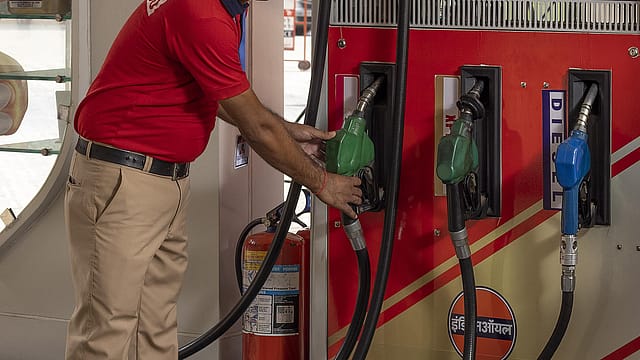Supreme Court dismisses PIL challenging govt’s ethanol blending programme
ADVERTISEMENT

The Supreme Court on Monday dismissed a public interest litigation challenging the Central government’s ethanol blending programme, which alleged the nationwide rollout of petrol with 20% ethanol blended in it coerced motorists into using a type of petrol that was incompatible with their vehicles.
The PIL, reportedly filed by petitioner Akshay Malhotra, sought to make the Ministry of Petroleum and Natural Gas facilitate the availability of ethanol-free petrol at the 90,000 fuel stations across the country. It also sought to mandate the labelling of ethanol content across fuel stations, and a nationwide study on the impact of E20 petrol on older, non-compliant vehicles.
However, at a press conference addressed by a lobby group consisting of representatives of industry bodies, automakers, and oil marketing companies on Saturday, Reji Mathai, director of the Automotive Research Association of India (ARAI), said that ARAI has conducted multiple studies in 2010, 2016, and 2021 to evaluate the performance of vehicles with ethanol-blended fuel. It was only after there was conviction that E20 fuel was safe that it was implemented.
However, the studies in question have not been made public, to which Mathai said the studies also contain OEM-specific data, which makes the publishing of the study in its entirety difficult. “However, we will look into whether we can make public parts of the study,” he added. The study has been submitted, according to Mathai, to the “relevant authorities,” although he did not divulge who these authorities are. The lobby group, however, also discussed the possibility of displaying a statement on the websites of its constituents regarding the study’s findings.
According to reports, India’s Attorney General R. Venkataramani told the apex court that the government’s decision to switch to E20 fuel was a well-thought-out and considered move. The decision also stands to benefit farmers who grow sugarcane.
Earlier, PS Ravi, Director of Downstream, Federation of Indian Petroleum Industry (FIPI), 2014-15, highlighted that the government's ethanol-blending programme helped save foreign exchange reserves of ₹1.44 lakh crore. In 2025 alone, ₹43,000 crore of foreign exchange savings are expected to be generated. Payments worth ₹1.25 lakh crore have been disbursed to farmers, with 1100-1200 crore litres of ethanol to be purchased by the end of October this year, with the farmers expected to receive ₹85,000 crore.
Regarding the PIL’s appeal to make ethanol-free petrol available, the Indian government reportedly informed the Supreme Court that it was also considering all the issues raised by motorists. It also argued that the decision of the government to switch to E20 was not a “mindless application of switching out one system with another.” When asked why the government cannot make ethanol-free petrol available, Ravi argued that if the industry were to start going on a backwards trajectory, it would undo all the gains made so far.